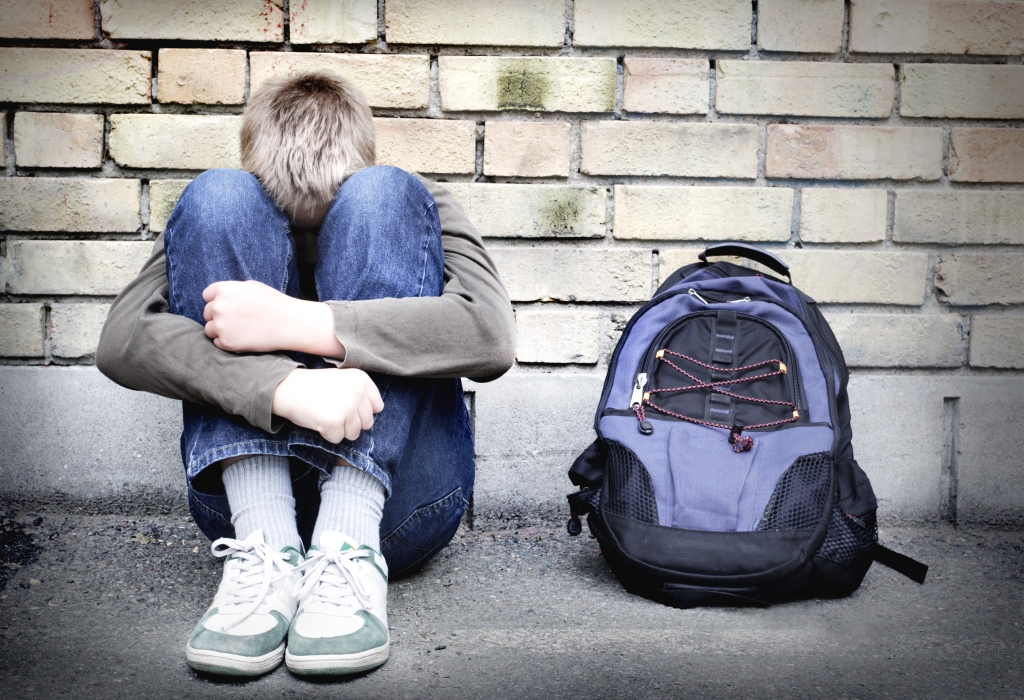Helping vulnerable children together
January 22, 2018
We’ve all heard the saying it takes a village to raise a child.
This is a phrase that rings just as true today as it did centuries ago.
It is everyone’s responsibility to ensure our next generation grow up to be happy, healthy and contributing members of our society, but that is not always how it plays out in Tasmania.
Across Australia, the number of children living in poverty is increasing.
In 2016, the Australian Council of Social Service revealed that more than 17 per cent of all children living in our nation were living in households experiencing poverty – a staggering 731,000 kids.
Too many Tasmanian young people have nowhere stable to live, do not have healthy food on the table, and don’t have adults in their life to provide guidance or support.
There is no doubt that many young Tasmanians are stuck in a cycle of poverty.
Intergenerational hardships are obvious in our communities, with a lack of access to healthcare, transport, higher education and employment cementing these issues in the state.
Let’s take just one of these issues as an example – education.
In 2016-17, just 56 per cent of young Tasmanians aged between 15 and 19 completed their Tasmanian Certificate of Education.
Although this number is increasing, in 2017, the highest level of education for 9.2 per cent of Tasmanians was below year 10 – the highest rate in Australia.
Why is this important?
According to Access Economics, “there is a striking parallel between educational attainment and work engagement”.
“Completion of year 12 or an apprenticeship is not an assured pathway to economic security or success, but it provides a far stronger employability and skills base for most young people than leaving the education system early”, the group said.
A lack of education can go on to impact every area of life, ranging from life expectancy, to job opportunities and a general standard of living.
But education is just one part of the puzzle.
If children do not have access to good healthcare while they are growing up, this could be the start of a lifetime of health troubles.
If children do not have access to affordable transport they will struggle to even get to school, to the doctor, to get a job or to participate in social activities.
If children do not have access to role models they can trust, they will be forced to take on adult responsibilities and cares from a young age.
While all of this combines to have severe impacts on the life of a young person, it also affects the whole community though our justice system, medical and welfare system or rates of family violence.
That’s why setting children up for the best possible life is everyone’s business.
Helping vulnerable young people is not just a job for one government department or for police or for parents.
We need the departments of health, justice, education and human services, the police, social service organisations, schools, community groups, and every single member of society to come together and offer a helping hand.
It’s a job that no one can truly do alone but is achievable as a community.
It’s time we started to look out for each other, to take care of our communities, and to ensure our next generations thrive.
Because it doesn’t just take a village to raise a child, it takes a whole state.
Read more:

